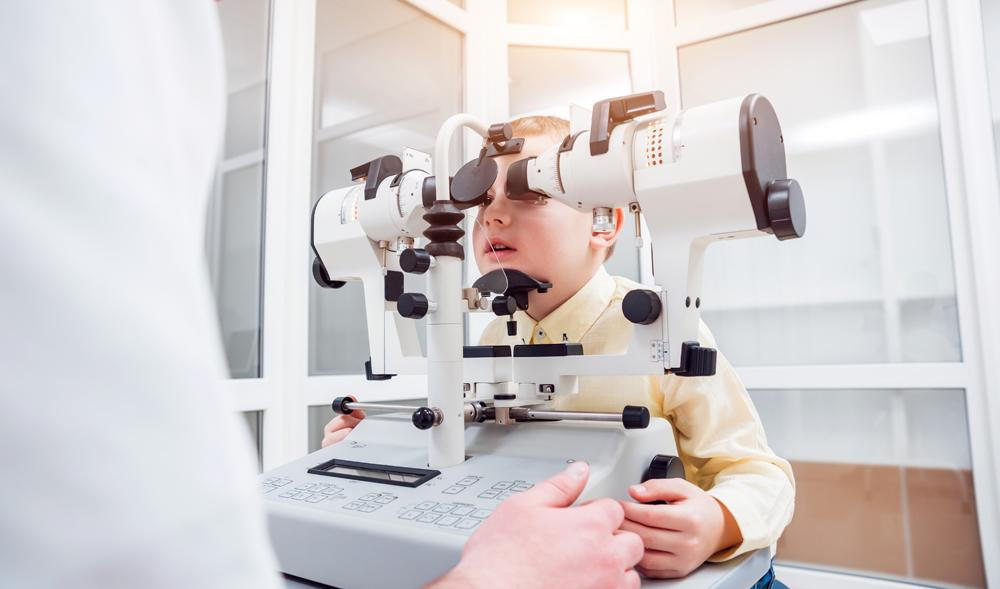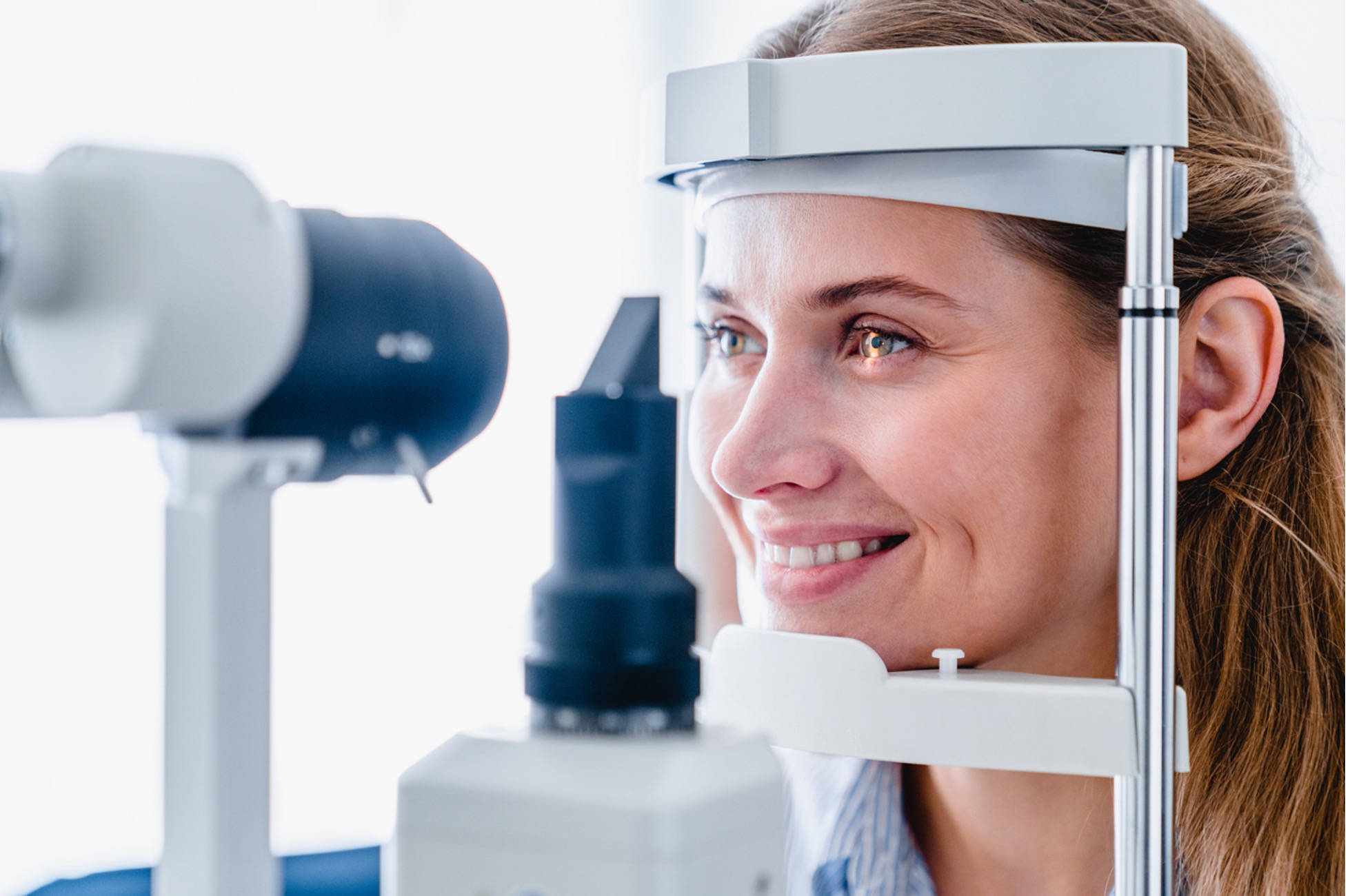Recognizing the Numerous Eye Conditions Dealt With by Specialized Eye Care Professionals
In the world of eye treatment, specialized professionals play a crucial role in detecting and dealing with a vast array of eye problems. From typical refractive mistakes that influence vision clearness to age-related conditions that position challenges as we expand older, the expertise of these experts includes managing vision-threatening conditions and detailed corneal problems. The complexities of neurological eye problems present special challenges that require specialized treatment. As we embark on this exploration of the numerous eye problems dealt with by specialized eye treatment professionals, it becomes noticeable that the complex web of ocular health and wellness holds a myriad of interesting insights waiting to be discovered.
Typical Refractive Errors
Refractive mistakes are typical visual problems caused by an imperfection in the eye's ability to properly focus light, resulting in blurred vision. Astigmatism is identified by an irregularly shaped cornea, resulting in distorted or blurred vision at all ranges. Presbyopia is an age-related problem where the lens sheds its versatility, making it challenging to focus on close things.
These refractive errors can be dealt with with different approaches, including glasses, get in touch with lenses, or refractive surgery. Eye treatment professionals play an essential role in diagnosing and managing refractive mistakes to aid individuals achieve more clear vision and boost their high quality of life.
Age-Related Eye Problems
As individuals age, their eyes might be vulnerable to a variety of conditions past refractive errors that can influence their vision and general ocular health. Age-related eye conditions are usual and can substantially impact the top quality of life for older grownups. Among the most common age-related eye problems is age-related macular degeneration (AMD), a disease that creates central vision loss and can make activities like reading and driving difficult. refractive surgeries in al. Cataracts, one more common problem amongst older people, create clouding of the eye's all-natural lens, causing obscured vision. Glaucoma, defined by damage to the optic nerve, is likewise a lot more common with age and can cause field of vision loss or blindness if left unattended. In addition, presbyopia, a condition where the eye's lens sheds flexibility, is an all-natural part of aging and results in difficulty concentrating on close things. Regular eye tests with specialized eye care professionals are critical for very early discovery and management of these age-related eye conditions to maintain vision and maintain eye wellness as people age.
Vision-Threatening Diseases
Vision-threatening diseases incorporate a variety of serious eye problems that have the prospective to dramatically affect an individual's vision and total aesthetic function. These conditions pose a danger of irreversible vision loss otherwise promptly identified and dealt with by specialized eye care experts. Some common vision-threatening diseases include glaucoma, diabetic retinopathy, age-related macular degeneration (AMD), and retinal detachment.
Glaucoma is a group of eye conditions that damage the optic nerve, often as a result of high intraocular stress, causing field of vision loss and prospective loss of sight if left untreated. Diabetic retinopathy is an issue of diabetes mellitus that influences blood vessels in the retina, causing vision impairment or loss of sight. AMD is a modern problem affecting the macula, causing main vision loss. Retinal detachment happens when the retina divides from its underlying cells, causing unexpected vision loss that calls for prompt medical interest (refractive surgeries in al).
Very early discovery, regular eye tests, and timely intervention are vital in managing vision-threatening conditions to maintain vision and keep quality of life. Specialized eye treatment experts play a vital role in diagnosing, dealing with, and managing these conditions to stop irreparable vision loss.

Corneal Conditions
Corneal disorders incorporate a range of conditions that impact the transparent front component of the eye, known as the cornea. These problems can lead to view it discomfort, visual disturbances, and in extreme situations, vision loss. One typical corneal problem is keratoconus, where the cornea thins and protrudes outward right into a cone form, creating astigmatism and blurred vision. Corneal dystrophies, such as Fuchs' dystrophy, lead to steady vision loss as a result of unusual down payments in the cornea. Corneal abrasions, usually triggered by injury or international items, can result in pain, redness, and level of sensitivity to light. Additionally, infections like keratitis can inflame the cornea, potentially causing scarring and vision problems if not immediately treated. Therapy for corneal disorders varies depending on the particular problem yet may include medications, get in touch with lenses, or in extreme cases, corneal transplants. Normal eye exams are essential for early discovery and management of corneal conditions to protect vision and eye health and wellness.
Neurological Eye Problems
Neurological eye problems include disorders that influence the connection in between the eyes and the mind, influencing aesthetic handling and overall eye function. These conditions can manifest in numerous means, influencing vision, eye motions, and even the coordination in between the eyes. One typical neurological eye problem is optic neuritis, identified by swelling of the optic nerve resulting in vision loss, shade desaturation, and discomfort with eye activity.
One more significant problem is nystagmus, where the eyes make recurring, unrestrained activities, impacting visual his response skill and deepness understanding. Furthermore, conditions like amblyopia, commonly referred to as "lazy eye," result from uncommon visual development in early childhood, causing reduced click here to find out more vision in one eye.
Neurological eye problems require customized care from professionals like neuro-ophthalmologists that have expertise in both neurology and ophthalmology. Medical diagnosis often entails a thorough eye exam, imaging research studies, and cooperation with neurologists to attend to the underlying neurological problems affecting the aesthetic system. Therapy methods can consist of medicine, vision treatment, or in extreme situations, surgical treatments to manage these intricate problems properly.

Verdict
Finally, specialized eye care experts treat a vast array of eye problems, consisting of common refractive errors, age-related eye problems, vision-threatening diseases, corneal problems, and neurological eye problems - refractive surgeries in al. By understanding these numerous problems and seeking ideal treatment from eye treatment specialists, people can maintain ideal eye health and wellness and vision. It is essential to prioritize regular eye evaluations and adhere to recommended treatment plans to maintain and secure one's vision for the future